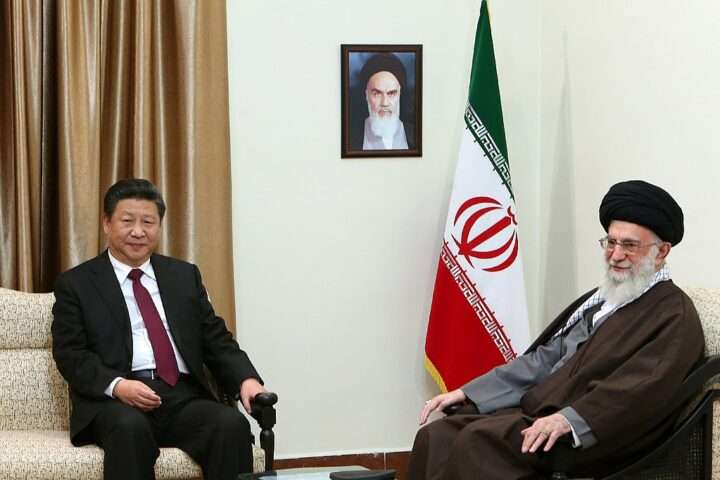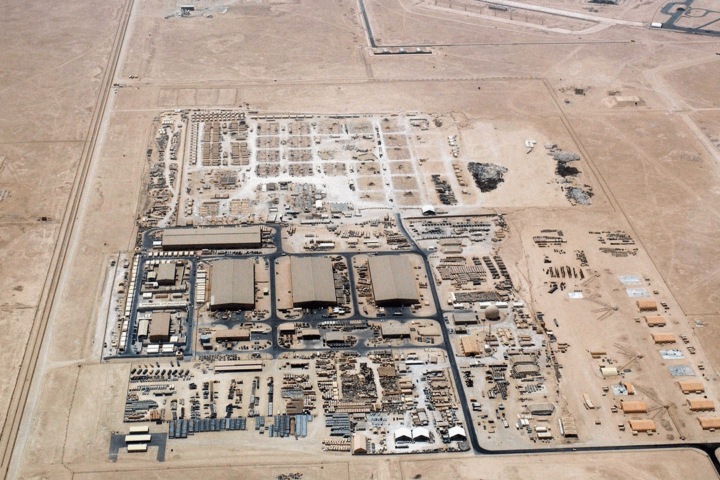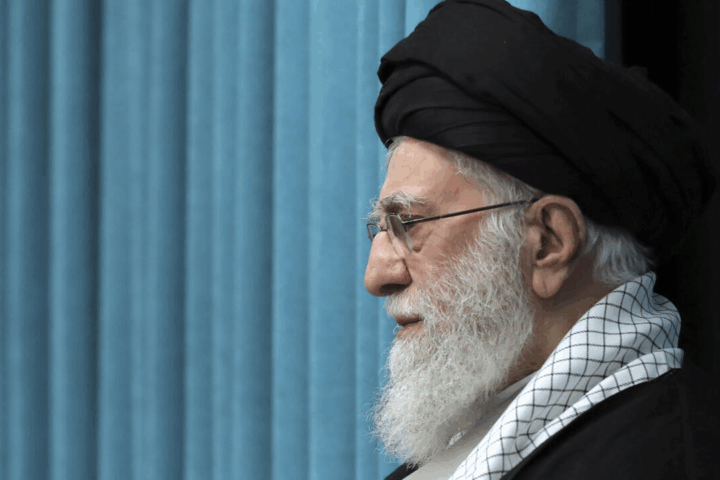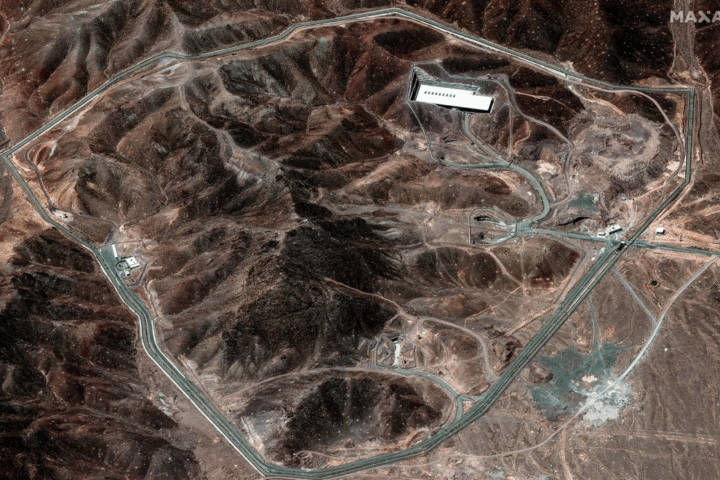Just the other day I read somewhere: “You don’t make peace with your friends, you make peace with your enemies”.
It sounds noble, even wise. But it’s a phrase that makes sense only in a world where both sides want peace. The reality of Israel’s 75-year history says otherwise.
Peace is not a slogan. It’s not a hopeful meme or a diplomatic photo-op. Peace is a binding agreement, built on mutual recognition, accountability, and—most importantly—a sincere desire for coexistence. Israel has shown that desire, time and again, with courage and painful concessions. And time and again, it has been met with deception, violence, and outright rejection.
The Founding Betrayal: 1948 and the First War
When Israel declared its independence in May 1948, it did so after centuries of persecution and genocide, offering a hand of peace even to those who opposed its very existence. The Declaration of Independence promised equality, cooperation, and good neighborliness with the Arab world.
The reply? War.
Five Arab armies—Egypt, Jordan, Syria, Lebanon, and Iraq—attacked immediately, not over borders, but over existence. Their aim wasn’t compromise. It was annihilation. This was not a tragic misunderstanding over lines on a map—it was a clear declaration: there shall not be a Jewish state. Not in 1948. Not ever.
For those Israelis who had survived the Holocaust, this was an existential shock. They had hoped their state would be a haven. Instead, it became a battlefield from day one.
Peace Offers Made—and Broken
The narrative that Israel has “never given peace a chance” is not just false—it’s dangerously dishonest.
- 1947: Israel accepted the UN Partition Plan for two states. The Arab world rejected it and chose war.
- 1967: After the Six-Day War, Israel offered to return land in exchange for peace. The Arab League responded with the infamous “Three No’s” from Khartoum: No peace. No recognition. No negotiations.
- 2000: At Camp David, Prime Minister Ehud Barak offered nearly everything—97% of the West Bank, Gaza, East Jerusalem as a capital. Yasser Arafat said no and launched a bloody terror campaign known as the Second Intifada.
- 2005: Israel left Gaza entirely. No occupation. No settlements. No military presence. The result? Over 20,000 rockets fired at Israeli towns by Hamas, the terrorist group that seized control of Gaza and turned it into a launching pad for jihad.
- 2008: Prime Minister Ehud Olmert made yet another sweeping offer. Mahmoud Abbas didn’t even respond.
- 2014: U.S.-brokered peace talks collapsed after Abbas formed a unity government with Hamas, which openly calls for Israel’s destruction.
- 2020: The Abraham Accords proved that peace is possible—just not with the Palestinian leadership. While Israel normalized ties with several Arab nations, the Palestinian Authority condemned the deals as “treason.”
Each time Israel has said yes to peace, its enemies have answered with war, terrorism, or silence. Not because they want a different deal—but because they reject the very notion of a Jewish state.
October 7: The Shattering of an Illusion
For decades, many Israelis—especially those on the political left—clung to the belief that peace could be achieved. They hired Palestinian workers. They taught their children coexistence. They even drove injured Gazans to Israeli hospitals.
Then came October 7, 2023.
In a savage, premeditated assault, Hamas terrorists broke through the Gaza border and carried out the worst massacre of Jews since the Holocaust. They murdered over 1,200 Israelis, including babies and elderly civilians. Women were raped. Children were burned alive. Entire communities were erased in hours.
And then came the videos: crowds in Gaza cheering the butchery, Hamas gunmen proudly livestreaming atrocities, chants of “Allahu Akbar” over lifeless bodies.
This was not a rogue faction or a fringe outburst. It was celebrated. Justified. Glorified.
For many Israelis—liberal, moderate, Arab-Jewish coexistence activists—this was the moment the dream of peace died. Not because they gave up on peace—but because they finally accepted that their supposed “partners” had never believed in it to begin with.
The Mirage of a West Bank State
Consider this: what if a Palestinian state had already been created in the West Bank before October 7?
Imagine missiles fired from Ramallah into downtown Jerusalem. Tel Aviv under constant threat from the hills of Judea and Samaria. Iran and Qatar fueling terror on both sides of Israel’s narrow, 9-mile-wide waist. No buffer zone. No defensible borders. Only another launchpad for jihad.
This isn’t fantasy. It’s strategic reality. A second Palestinian state wouldn’t bring peace—it would bring two fronts for war.
Not Just Peace—but a Willing Partner
At its core, peace is not a matter of geography—it’s a matter of psychology. You can only make peace with someone who also wants peace.
Israel has proven again and again that it is willing to take risks, make sacrifices, even evacuate its own citizens in the name of coexistence. But its enemies have not changed. Hamas doesn’t want peace—it wants victory, revenge, and obliteration. The Palestinian Authority refuses to recognize Israel as a Jewish state. And countless polls show that large swaths of the Palestinian public support violence over negotiation.
To negotiate, you need a partner. Israel has none.
And to those who insist that change will come “eventually,” one must ask: at what cost? How many more children must be buried? How many more kibbutzim burned? How many more ceasefires used as breathing room to prepare the next massacre?
Peace Isn’t Dead. But Fantasy Should Be.
There is no moral victory in pretending peace is possible when it’s not. There is no virtue in urging compromise with those who celebrate murder. There is no wisdom in waiting, again and again, for enemies to become something they are not.
Israel has tried. It has negotiated. It has given land. It has shown restraint. If peace is dead today, it is not because of Israeli obstinance—it is because of unrelenting Arab and Palestinian rejectionism.
True peace will come only when Israel’s enemies stop trying to take everything. Until then, Israel’s responsibility is not to appease—it’s to protect.
That isn’t intransigence. It’s survival.










